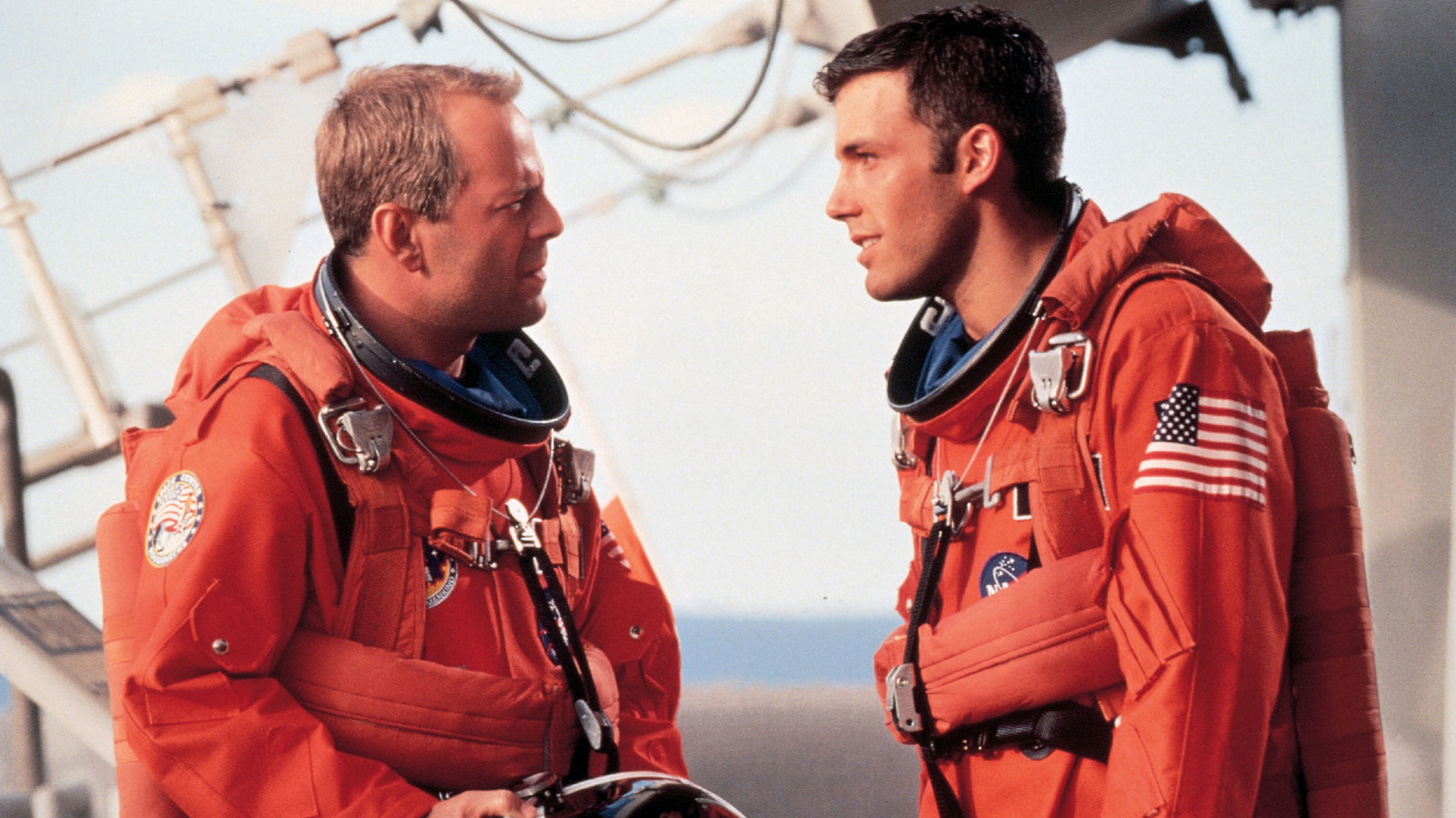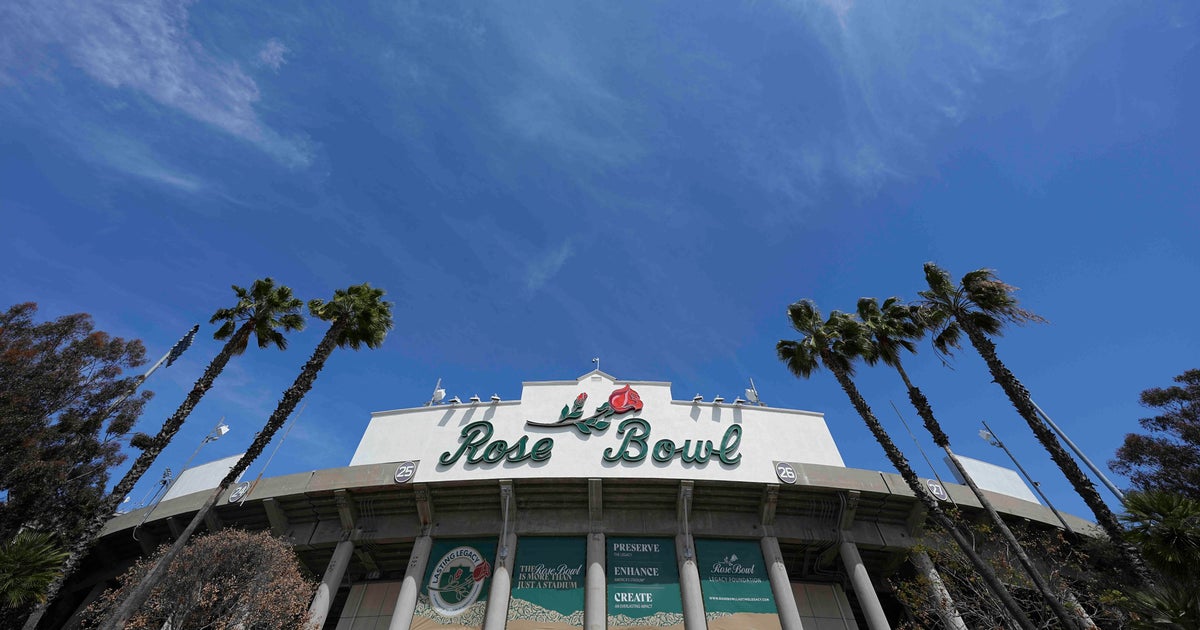Did Michael Bay's Armageddon Ad Campaign Spark City-Wide Panic?

1998: A Year of Cinematic Space Disasters
The year 1998 marked a fascinating chapter in cinematic history, with two films tackling the same apocalyptic theme: giant asteroids threatening Earth. "Deep Impact" and "Armageddon" were released within months of one another, each offering a contrasting approach to storytelling, character development, and viewer engagement. While "Deep Impact" focused on the emotional turmoil of humanity facing extinction, "Armageddon" leaned heavily into action and spectacle, showcasing the quintessential Michael Bay style.
Despite both films receiving lukewarm critical responses, they captivated audiences and became cultural touchstones of their time. This article will delve into the intricate details of both films, examining their narratives, character arcs, and the public's reaction to these space-faring tales of impending doom.
The Premise: Humanity at the Brink
At their core, both "Deep Impact" and "Armageddon" address the same existential threat: a massive asteroid on a collision course with Earth. However, the way each film approaches this premise sets them apart.
Deep Impact: A Brooding Reflection on Humanity
"Deep Impact," directed by Mimi Leder, takes a more somber and contemplative tone. The film begins with a discovery by a young astronomer, played by Elijah Wood, who uncovers a comet that is set to collide with Earth. As the news spreads, humanity's response is a mixture of fear, hope, and conflict. The film explores the personal stories of various characters, including a news anchor played by Morgan Freeman, who delivers the grim news to the public.
The narrative is rich with themes of sacrifice, love, and the human spirit's resilience in the face of adversity. The film's emotional depth is highlighted through various subplots, including a couple's struggle to survive and the government's efforts to mitigate the disaster. This focus on human emotions and relationships provides a stark contrast to the action-heavy approach of its counterpart.
Armageddon: Action-Packed Chaos
On the flip side, "Armageddon," directed by Michael Bay, is characterized by its over-the-top action sequences and explosive visuals. The film follows a group of oil drillers, led by Bruce Willis, who are recruited by NASA to drill a hole into the asteroid and plant a nuclear bomb. The plot is often criticized for its implausibility, with Ben Affleck humorously questioning the logic behind training oil drillers to become astronauts instead of training astronauts to handle oil drilling.
This absurdity is counterbalanced by moments of humor, romance, and dramatic flair. The film's tone oscillates wildly, showcasing everything from emotional farewells to high-octane chase scenes. While it may lack the character development and depth found in "Deep Impact," "Armageddon" compensates with its entertainment value, making it a box office hit.
Character Development: A Study in Contrast
Character development is one of the most significant differences between the two films. "Deep Impact" invests time in building relatable characters, allowing the audience to connect with their fears and hopes. In contrast, "Armageddon" prioritizes action and spectacle, often at the expense of meaningful character arcs.
Deep Impact's Relatable Characters
The characters in "Deep Impact" are crafted to evoke empathy and realism. The film features a diverse cast, including a young couple navigating their first love amidst the chaos and a father-daughter relationship facing the ultimate test. Each character's storyline intertwines, creating a rich tapestry that reflects the human experience during catastrophic events.
Armageddon's Larger-than-Life Personalities
Conversely, "Armageddon" presents characters that often feel like archetypes rather than fully realized individuals. Bruce Willis plays Harry Stamper, the rugged hero, while Ben Affleck portrays A.J. Frost, the young lover. Although these roles resonate with audiences, the depth of their emotional journeys is overshadowed by the film's frantic pacing and spectacle.
Box Office Success: The Numbers Tell the Story
Despite their differing approaches, both films enjoyed commercial success, albeit with varying degrees of profitability. "Armageddon" emerged as a colossal hit, grossing over $500 million worldwide, making it the highest-grossing film of 1998. Its success can be attributed to a robust outdoor marketing campaign that generated significant buzz and anticipation.
"Deep Impact," on the other hand, garnered around $300 million at the box office. While this figure is substantial, it pales in comparison to the explosive success of "Armageddon." The marketing strategies employed for each film reflect their thematic and tonal differences, with "Deep Impact" opting for a more subdued approach that focused on the emotional stakes of the narrative.
Cultural Impact: Lasting Legacies
The cultural impact of both films extends beyond their box office numbers. "Armageddon," with its loud explosions and memorable one-liners, became a staple of 1990s pop culture. Its blend of humor and action has led to a devoted fanbase that continues to quote its most iconic moments.
Conversely, "Deep Impact" is often remembered for its sobering take on existential threats and the emotional weight carried by its characters. While it may not have achieved the same level of commercial success, its thematic depth has resonated with audiences who appreciate a more serious approach to science fiction.
The Science Behind the Fiction
Interestingly, both films consulted scientists to infuse a degree of realism into their narratives. "Deep Impact" aimed for a more scientifically accurate depiction of an asteroid collision, while "Armageddon" took considerable liberties with its science.
Deep Impact's Scientific Accuracy
Experts consulted for "Deep Impact" helped the filmmakers portray the potential effects of an asteroid impact accurately. They discussed the likelihood of such events, the possible government responses, and the emotional fallout from such a disaster. This level of detail contributed to the film's more serious tone and helped ground the narrative in reality.
Armageddon's Creative Liberties
In stark contrast, "Armageddon" is often criticized for its fantastical elements, including the idea that oil drillers could be trained to operate spacecraft. The film prioritizes entertainment over scientific accuracy, leading to moments that stretch credibility. This approach resonated with audiences seeking an adrenaline-fueled escapade rather than a sobering reflection on potential disaster.
Critical Reception: The Critics Weigh In
Both films faced criticism upon release, with many reviewers pointing out their shortcomings. "Deep Impact" was noted for its slower pacing and serious tone, which some viewers found less engaging. Critics argued that it sometimes struggled to balance its emotional depth with the urgency of the impending disaster.
On the other hand, "Armageddon" received its fair share of derision for its implausible plot and lack of character development. Notably, Ben Affleck himself lampooned the film's absurdities in its DVD commentary, highlighting the contradictions in the script. Both films, however, have garnered a cult following over the years, often celebrated for their unique takes on the asteroid apocalypse genre.
Conclusion: Two Films, Two Approaches
In summary, "Deep Impact" and "Armageddon" represent two distinct approaches to the same apocalyptic theme. While "Deep Impact" presents a thoughtful exploration of humanity's emotional response to catastrophe, "Armageddon" offers a thrilling ride filled with action and spectacle. Each film has its strengths and weaknesses, contributing to their lasting impact on popular culture.
As we reflect on these two films, we must consider what they teach us about our fears, our resilience, and the stories we tell in the face of disaster. Which approach resonates more with you—emotional depth or high-octane action?
FAQs
What are the main differences between "Deep Impact" and "Armageddon"?
The main differences lie in their tone, character development, and narrative focus. "Deep Impact" emphasizes emotional depth and human relationships, while "Armageddon" prioritizes action and spectacle.
Which film was more successful at the box office?
"Armageddon" was more successful, grossing over $500 million worldwide, compared to "Deep Impact's" $300 million.
Did either film consult scientists for accuracy?
Yes, "Deep Impact" consulted scientists for a more accurate depiction, while "Armageddon" took creative liberties with its scientific elements.
How did critics respond to these films?
Both films received mixed reviews, with "Deep Impact" criticized for its pacing and "Armageddon" for its implausible plot and character development.
In the end, which film do you think offers a more compelling vision of humanity's response to impending disaster? #DeepImpact #Armageddon #CinematicHistory
Published: 2025-08-19 03:00:00 | Category: Trump GNEWS Search



